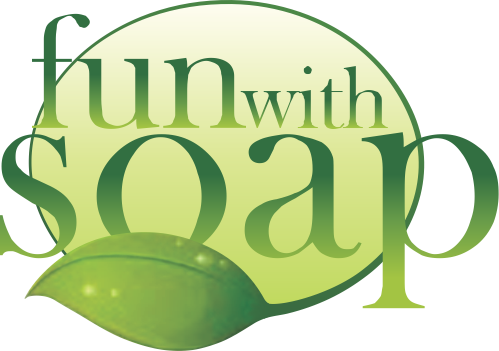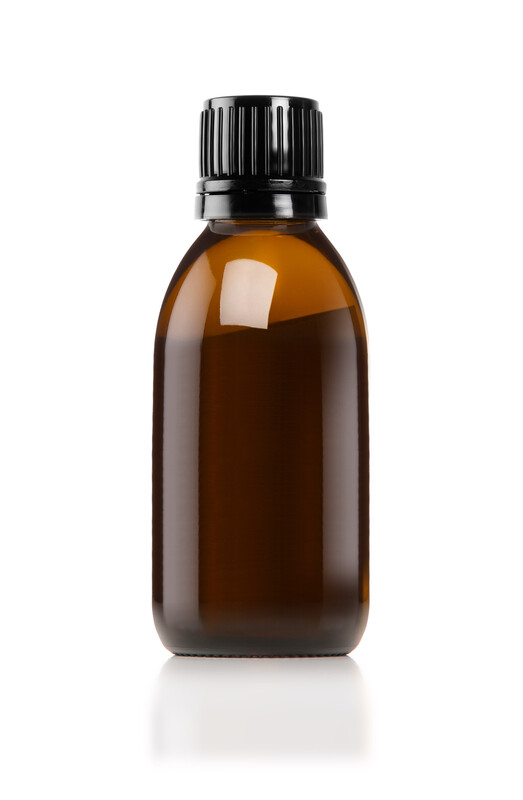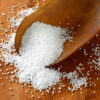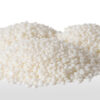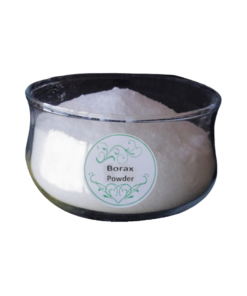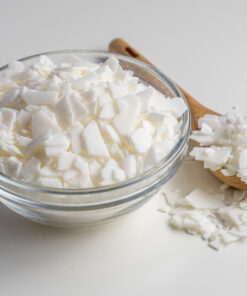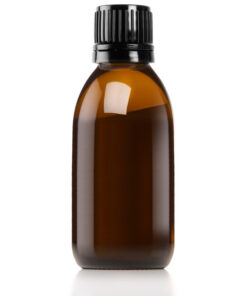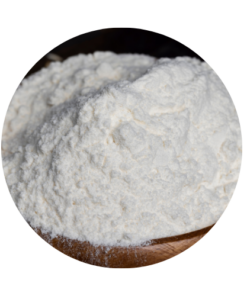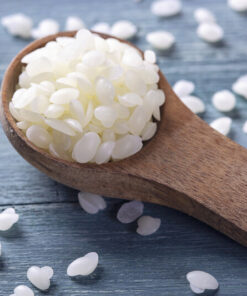Soy Lecithin – 500g
R71,20
Soy Lecithin – 500g – It is a natural emulsifier, meaning it helps blend and stabilize oil and water-based ingredients and offers several benefits
23 in stock
Soy Lecithin – 500g
Soy lecithin is a versatile ingredient widely used in both culinary and cosmetic applications. Its powerful emulsifying properties allow oil and water to blend smoothly, making it a valuable addition to many recipes and formulations. Additionally, soy lecithin offers various nutritional and skincare benefits.
Key Features and Benefits
1. Emulsification
Soy lecithin acts as a powerful emulsifier, enabling oil and water to mix effectively. It is commonly used in food production, particularly in creating stable emulsions like salad dressings and sauces.
2. Baking Aid
In baking, soy lecithin helps enhance the texture and structure of baked goods, resulting in a smoother and more consistent final product.
3. Nutritional Boost
Soy lecithin is a natural source of choline, an essential nutrient that supports brain health, liver function, and nerve transmission. Including it in your diet can contribute to overall wellness.
4. Skincare
In cosmetic formulations, soy lecithin functions as an emollient and moisturizer. It helps improve the texture of creams and lotions, leaving the skin feeling soft and hydrated.
5. Health Supplements
Soy lecithin supplements are often taken to support brain function, liver health, and overall wellness.
6. Chocolate and Confections
In the food industry, soy lecithin is used in chocolate production. It creates a smoother texture and prevents cocoa solids from separating.
7. Vegan Alternative
Soy lecithin serves as a vegan alternative to egg yolks in recipes, acting as an emulsifying agent without animal-derived ingredients.
8. Nutritional Content
In addition to choline, soy lecithin contains phospholipids and essential fatty acids, which contribute to its nutritional value and health benefits.
Versatile Applications
Soy lecithin’s versatility makes it a popular choice in both the culinary and skincare industries. Whether you’re using it in food production or skincare formulations, it plays a crucial role in improving the texture, consistency, and nutritional value of various products.
| Weight | 0,590 kg |
|---|---|
| Dimensions | 9 × 9 × 20 cm |
